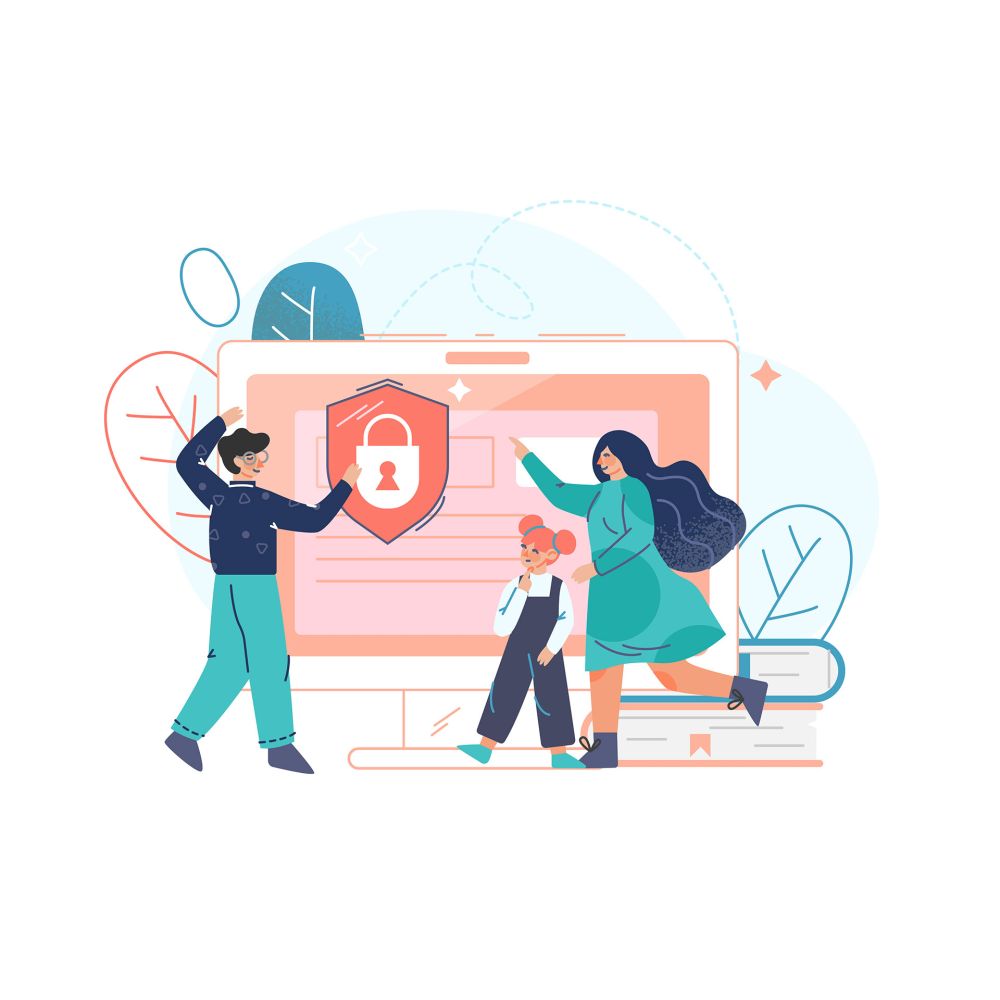
Internet Safety
The "Quick Exit" is helpful only if someone is watching over your shoulder or enters a room and you need to quickly switch to another website. It will not prevent the other person from going through your browser history.
If you are in danger, please use a safe computer that someone abusive does not have direct or remote access to.
What is browser history?
Internet browsers are the first step to accessing the internet. They are also the first step to both increasing your online privacy and controlling your personal information. Google Chrome, Mozilla Firefox, Internet Explorer, and Safari all provide in-browser privacy settings for users. These options include private browsing, controlling activity logs, deleting cookies, and others.
For survivors of abuse and stalking, using these privacy options may increase their privacy and safety, particularly if they are concerned that an abusive person is physically monitoring their device activity. They can also help survivors have more control over how their personal information is collected and stored when they are online. However, browser privacy options are not going to protect from remote spying or monitoring if an abusive person is using spyware software.
To learn more about spyware and other online privacy tips, visit techsafety.org/resources-survivors
Options that can enhance a user’s privacy in Google Chrome, Mozilla Firefox, Internet Explorer, and Safari can be found under "settings". Some of the options include the following.
Private browsing allows users to surf the internet without the browser collecting history. This is helpful if a survivor is concerned that someone may be monitoring their internet activity by going through the browser history. However, private browsing will not prevent someone from knowing what you’re doing online if they are looking over your shoulder or are monitoring your device with spyware.
Do not track is a setting that allows users to opt-out of third-party tracking, such as advertisers or sites on a website that you’re visiting. This feature is only for third-party tracking, which often tracks users for behavioral advertising purposes; it doesn’t prevent the website that you’re visiting to collect information about you.
Keep in mind that if someone is monitoring your computer use, deleting your browser history may appear suspicious. However, regularly deleting your browsing history can increase privacy and simply be a permanent part of your internet settings.
To minimize the chances of someone knowing that you are researching information about domestic violence, sexual assault, or stalking, follow these tips.
If you think your devices or internet search activities are being monitored, access this information from a device that isn’t being monitored. That should be a device that the person do not or has not had physical or remote access. This is the safest thing to do if you don’t want someone to know that you are visiting these websites.
Sign out of other accounts, such as Google or Facebook, before visiting these sites.
Use your internet browser settings to increase your privacy, such as turning off browsing history or using the browser in-private mode.
If it is safe to do so, delete the websites URLs that you don't want stored from the browser history.
